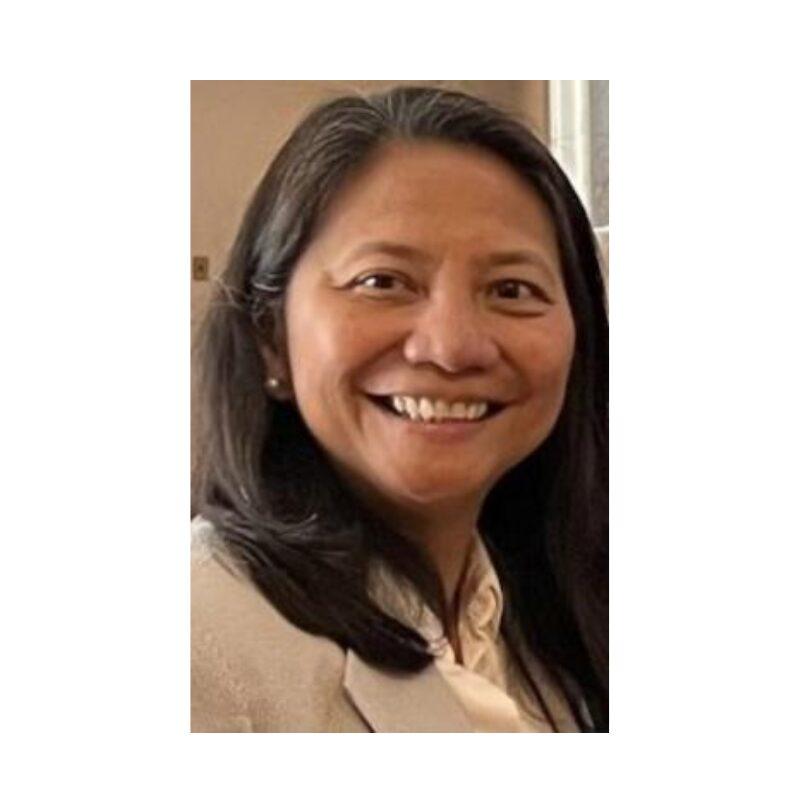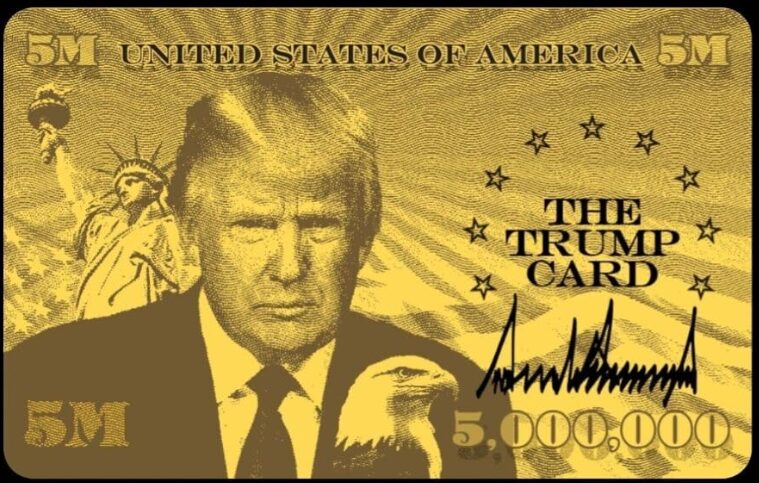Greenlining Institute Asks: Do NBA Teams Put Money Back into Communities Their Players and Fans Come From? Calls for Concrete Steps on Diversity
Contact: Bruce Mirken, Greenlining Institute Media Relations Director, 510-926-4022; 415-846-7758 (cell)
BERKELEY, CALIFORNIA – In a letter sent today to NBA Commissioner Adam Silver, The Greenlining Institute challenges the league to take meaningful action on diversity, including actions designed to bring investment and opportunity to the communities from which the NBA draws both its players and its fans. FiveThirtyEight editor in chief Nate Silver estimates that 54 percent of NBA fans are people of color.
“Taking action against a racist team owner was the right thing to do, but it’s just the first step,” said Greenlining Institute Executive Director Orson Aguilar. “It’s pretty clear that the NBA has a glass ceiling, that African Americans can be players and even coaches, but top management positions and owners are virtually all white. Even worse, there’s no sign that the league or its teams contract at any meaningful level with minority-owned businesses for the huge amount of goods and services they buy.” The league reportedly has a program to encourage diverse vendors, but has not released any data on the program.
“NBA teams surely buy hundreds of millions of dollars in goods and services,” Aguilar said. “Does any of that money go to the communities that their players and fans come from? That has more real impact on people’s lives than the statements of one ignorant team owner.”
In its letter to Silver, Greenlining calls on the league to:
Conduct a detailed diversity survey, including not only all levels of staff and management, but also data on the ownership of suppliers, broken down by race, ethnicity and gender.
Create a Diversity Council reporting directly to the Commissioner whose first task should be to review all of the diversity survey results and make recommendations for improvement.
Release all of the diversity data, recommendations and progress reports in an annual report to the public.
Those interested in following the discussion online can use the hashtag #AreWeOne on Facebook and Twitter.





